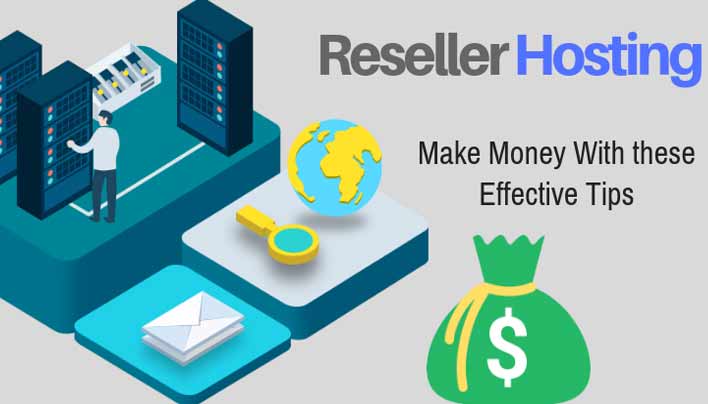Before you decide to create a reseller hosting website, there are some things you should know. Here are some tips:
Choosing a reseller hosting service
The first thing to keep in mind when choosing a reseller hosting service is the reputation of the company. While most leading web hosting providers offer round-the-clock customer support, you should also make sure that the company you are planning to choose offers email or ticket-based support, which is crucial if you have any problems with your website. Not all reseller hosting services offer such support. In addition to email support, it’s also helpful to look for technical support via phone or ticket system. WordPress hosting from DreamITHost is the best.
A reputable reseller hosting service will have several features, including white labelling and 24/7 technical support. The ability to rebrand their hosting is also important. Not only will this provide your clients with the flexibility of a private labeled service, but you’ll be able to maintain and support it as your own. Furthermore, it’s also important to choose a reseller hosting service that offers easy client management and payment management.
Setting up a helpdesk facility

Some resellers choose to set up their own helpdesk facility or offer a toll-free telephone number for their customers. Others choose to offer an account management interface where customers can make changes to their accounts. A freelancer model of reseller hosting has many similarities to storefront ecommerce websites, but differs in the fundamentals. The small business owner is responsible for client management and may use tools provided by the hosting provider, such as billing and invoicing, and web development, to handle their client’s needs. Scripts to support the helpdesk facility include Mantis and Bugzilla.
Most helpdesk software is priced based on features and the number of agents. Some helpdesk solutions are more suited to large organizations, while others are geared toward smaller businesses. The best choice for your business will depend on your needs and the size of your team. Small businesses don’t need the same features as enterprises with thousands of agents, so choose the plan that best suits your needs. Freshdesk is an excellent choice for small businesses. Zoho Desk and Zendesk can scale with your company, while Jira Service Desk is perfect for enterprises and large businesses alike.
Pricing plans for reseller hosting
Reseller hosting lets you create your own pricing plans, but most web hosts follow a three-tier approach. The basic plan is designed for beginner webmasters, while the advanced plan is geared toward the seasoned webmaster. Many resellers choose to incorporate WHMCS, an automated billing system that takes care of all of the boring administrative tasks. This can be a good way to increase revenue by putting extra money in your pocket.
Many reseller plans include cPanel, a management tool that helps web hosts monitor data transfer and server resources. Some also allow you to create cPanel accounts for your clients. These accounts are commonly included with reseller hosting packages, but some providers limit the number of cPanel accounts you can create. Pricing plans for reseller hosting can vary considerably, so make sure to research different options before deciding on a plan.
Creating a business website for reseller hosting

When you first start a web hosting company, you may want to advertise your reseller hosting services directly through your existing website. You may already have a dedicated audience, but you can leverage this to your advantage by clearly stating what your new services are. Use well-placed graphics and eye-catching calls to action, and keep older content updated. Providing technical support and payment processing for your clients is also an important aspect of your marketing strategy.
Conclusion:
Once you have your reseller hosting account activated, you should configure private nameservers. These are records you will need to configure in the domain zone. You can do this within WHM by selecting Edit DNS zone. Your hosting provider can help you with the DNS zone configuration if necessary. You can also contact the support team at your provider for help. You should also be aware of the various types of hosting plans available.

